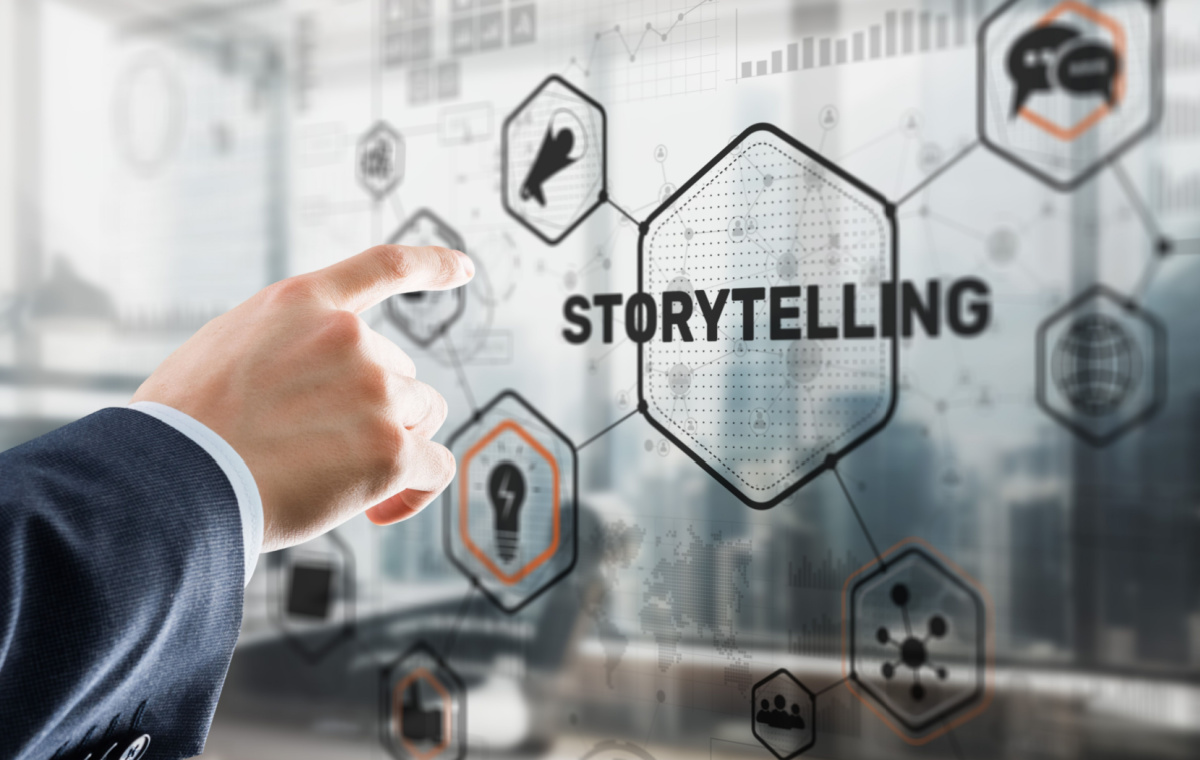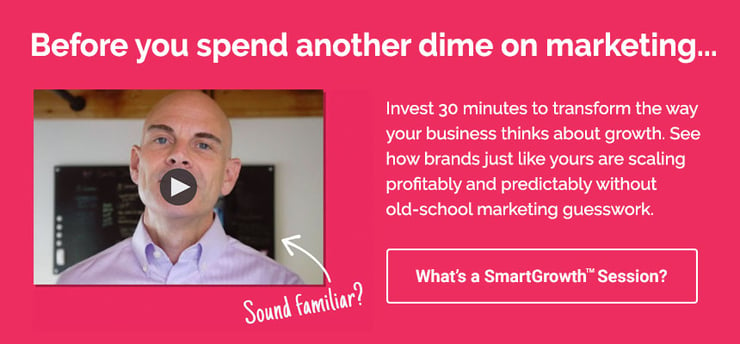We all know them. The people in our lives who are full of good stories. They make us laugh. We seek out their company. They are often the life of the party. But what makes a well-told story so compelling?
Stories are as old as language itself. They are how we shared and remembered important information before written language. Stories are how early humans passed down lessons, experiences, and traditions from one generation to the next. In short, we are hard-wired to respond to and remember stories. So how can modern B2B brands take advantage of the memorable nature of storytelling to elevate their businesses?
B2B storytelling offers marketers a direct and personable way to connect with their audience, build brand awareness, differentiate themselves from competitors, and leave a lasting impression on customers. Increasingly, brands are weaving storytelling into their overall content marketing strategy, for one simple reason – they work.
Below, we’ll walk you through the characteristics of a good story, and explain what makes stories so effective in marketing. Before long, you’ll be using B2B storytelling to inspire, educate and entertain your audience.
Essential Elements of B2B Storytelling
For storytelling to be effective in marketing, it needs to be relevant to your brand and your audience. If you have a solid understanding of who your ideal customers are, what motivates and inspires them, what challenges them and keeps them up at night and what kind of content they prefer, and where they spend their time online then you’re off to a great start. Deeply understanding your audience is step one in good B2B storytelling.
Step two is knowing your message and objective. What is the goal of this story, from a marketing standpoint? Are you demonstrating your values? Differentiating yourself from your competitors? Looking to build brand awareness or reach a new audience? Your story should align with these goals and be consistent with your broader marketing messaging.
Now, for the story itself…
Great B2B storytelling employs many of the same characteristics that all good stories exhibit – memorable and relatable characters, a plot that evokes emotion, creates tension, and offers some sort of resolution or conclusion. Some common winning story strategies include stories about unlikely heroes, stories about unlikely connections or relationships, and stories that convey a creative or innovative breakthrough by thinking outside the box.
When relating the story remember: keep it simple and concrete. Your audience should be able to clearly understand the characters, actions, and message. Don’t forget to stimulate the senses with appropriate sound and visual cues (or effects) as well as descriptive language. Finally, show don’t tell when it comes to messaging. Telling customers “our brand is better” falls flat (and is predictable, forgettable, and boring) as compared to actually demonstrating how or why your brand is a better solution.
Why is B2B Storytelling Effective?
As humans, we can’t help but love stories. They have been part of our means of communication as a species since we developed language. Stories are how traditions and history were passed from one generation to the next before written language existed. They are STILL how many families relate personal tales and inform younger generations about how things were “when I was your age.”
What is it about stories that make them so effective? And how can B2B brands leverage storytelling?
Well, for one, stories grab our attention indirectly. No one has to tell you they are going to tell you a story, they simply start, and if the story is good, you can’t help but listen. In marketing, stories are also a great way to disarm your customer’s defenses and skepticism. They don’t want to listen to you try to sell them something, but they’ll pay attention to a good story.
Because a good story evokes emotion and stimulates the senses, they are inherently more memorable than other forms of communication. They hit differently, so to speak. Plus, stories can educate and foster understanding while they entertain and engage giving B2B marketers an awesome opportunity to convey brand values and unique benefits minus the tired sales pitch. Stories can also motivate and inspire action because good stories make the audience care.
As Zig Ziglar noted, (and Harvard professor Gerald Zaltman now has the research to back), buying is largely an emotional decision that we find a way to rationalize later. So why not appeal to emotion?
Collecting & Creating B2B Stories
Once you know the makings of a good story, it becomes easier to spot them.
Great marketers collect them – knowing that the power of storytelling is always going to be useful in engaging audiences and building brand awareness and loyalty. Maybe it’s the founder’s story of seeing the gaps in his industry across multiple companies which inspired him to start his own company and fill those gaps to offer a better product to customers. Maybe it's the time that a customer service representative completely disarmed a disgruntled client with humor and grace. Maybe it's the ingenious idea that struck an engineer while at a trade show eating a donut.
The point is, you don’t have to be a playwright or a novelist to leverage B2B storytelling.
At Brand Theory, we help clients find and tell their stories in impactful ways, across myriad channels. As an experienced growth marketing agency, we leverage B2B storytelling to help clients distinguish themselves from competitors, convey brand values, and engage their audiences in new ways. If you’re ready to reap the benefits of storytelling for your brand, schedule a no-obligation introduction to Brand Theory today.




.png)
.png)
.png)